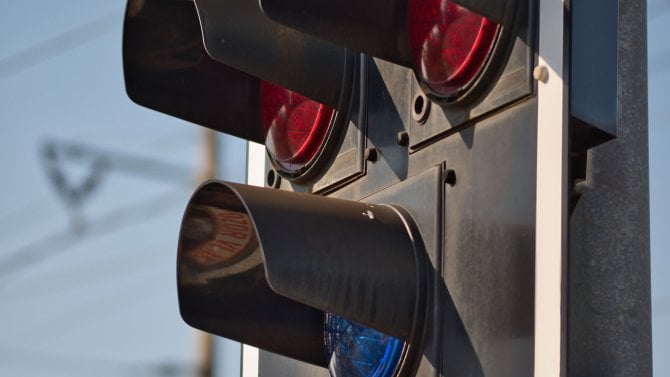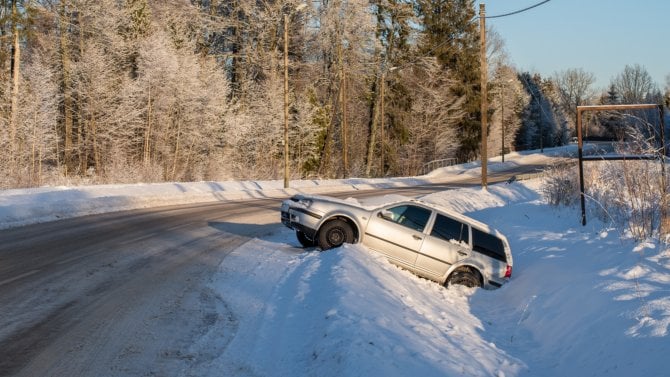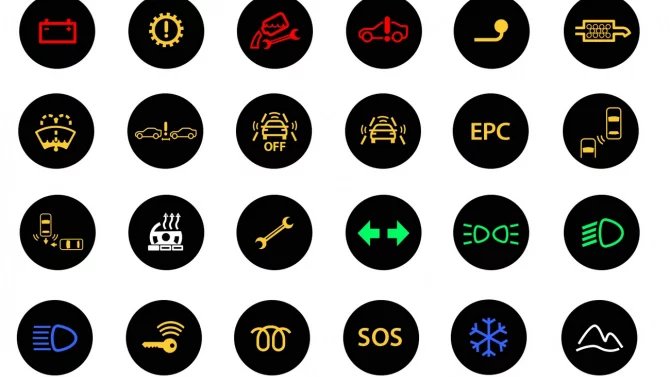...
BRUSSELS, July 16 (Reuters) - NATO said on Monday it was very concerned at Russia's decision to suspend participation in a landmark treaty on the deployment of armed forces in post-Cold War Europe.
President Vladimir Putin signed a decree on Friday suspending Moscow's participation in the Conventional Forces in Europe (CFE) pact from mid-December in an apparent effort to raise pressure on the West over the planned deployment of elements of a U.S. anti-missile shield in Poland and the Czech Republic.
In a statement, the 26-nation Western military alliance said it placed the highest value on the CFE regime, which limits the numbers of heavy weapons deployed between the Atlantic and the Ural mountains, and urged Moscow to seek a solution through dialogue.
"The announcement by the Russian Federation ... is deeply disappointing. The Allies are very concerned by this unilateral decision," NATO said.
It said 25 of the 30 participating states in talks in Vienna last month had supported Western compromise proposals, and NATO remained ready for negotiations.
"We hope that the Russian Federation will join us in constructive and creative dialogue to ensure the continued operation and viability of the landmark CFE Treaty, including its flank regime, and not undermine prospects for entry into force of the adapted CFE treaty," it said.
Polish Defence Minister Aleksander Szczyglo was quoted as saying that the Russian decision, coinciding with Polish President Lech Kaczynski's visit to the United States, "places Russia among countries that are characterised in a normal language as becoming unpredictable".
"This is a threat for both Europe as well as Russia," he told reporters accompanying Kaczynski in Washington, according to the daily Gazeta Wyborcza's Web site.
He suggested the Russian authorities were trying to rally public support ahead of next year's presidential and parliamentary elections by projecting an external threat.
"The biggest problem Russia has is with itself," the minister was quoted as saying.
(additional reporting by Gabriela Baczynska in Warsaw)




 Malý náklaďáček mnoha jmen: Škoda/Aero/Praga (A) 150 byla nedoceněným československým dříčem
Malý náklaďáček mnoha jmen: Škoda/Aero/Praga (A) 150 byla nedoceněným československým dříčem
 Řidička uvízla na železničním přejezdu, rychlík ji minul jen o kousek
Řidička uvízla na železničním přejezdu, rychlík ji minul jen o kousek
 Brzdná dráha delší až o deset metrů. Hlavně levné pneumatiky z východní Asie jsou pro řidiče rizikové
Brzdná dráha delší až o deset metrů. Hlavně levné pneumatiky z východní Asie jsou pro řidiče rizikové
 Test Renault Symbioz: S novým hybridem jezdí svižně a se spotřebou legendárního té-dé-íčka
Test Renault Symbioz: S novým hybridem jezdí svižně a se spotřebou legendárního té-dé-íčka
 Kdo nezvládne tento kvíz za plný počet, ten si dost možná auto zničí. Kontrolky jsou totiž základem komunikace mezi autem a řidičem
Kdo nezvládne tento kvíz za plný počet, ten si dost možná auto zničí. Kontrolky jsou totiž základem komunikace mezi autem a řidičem
